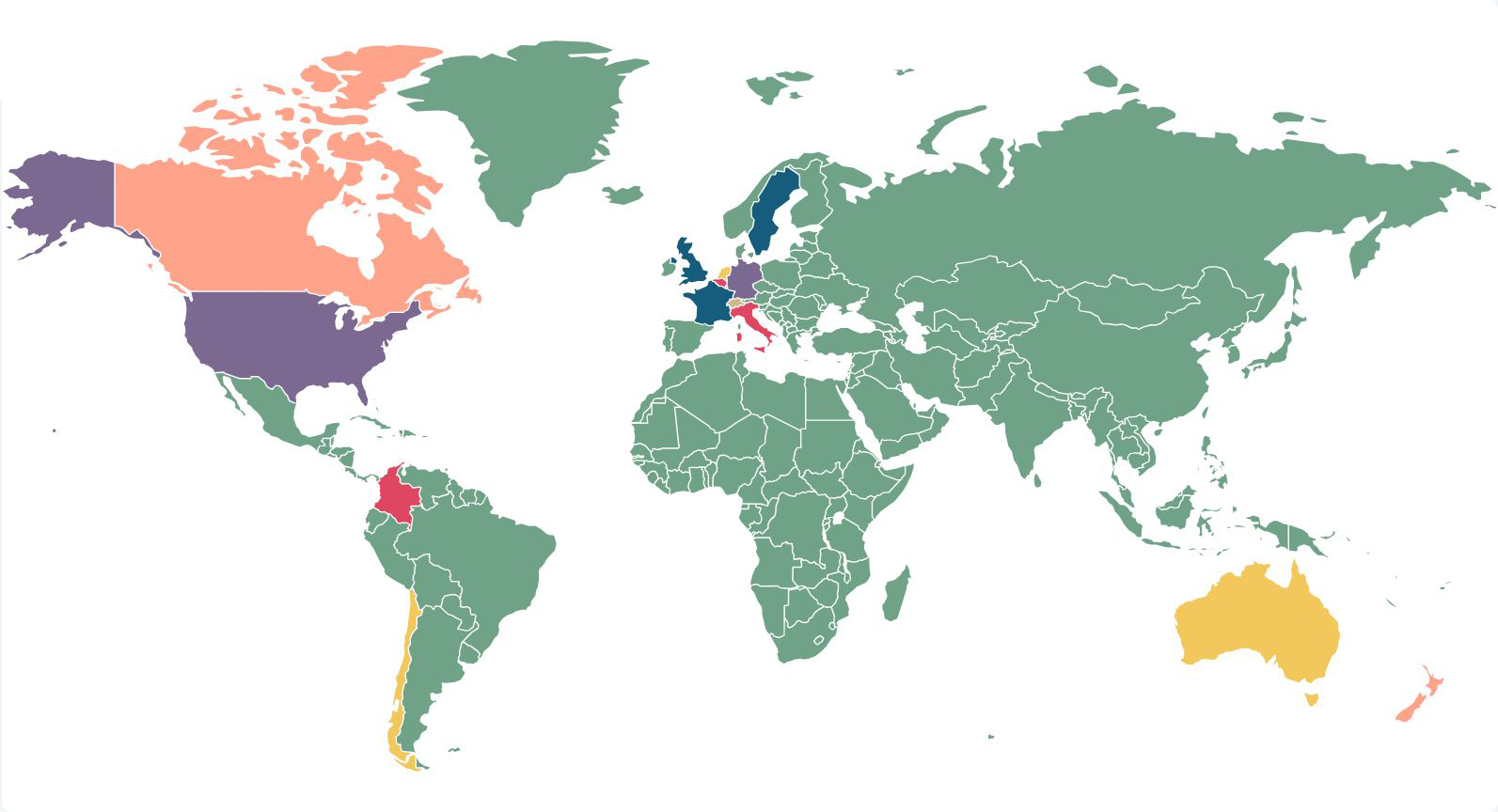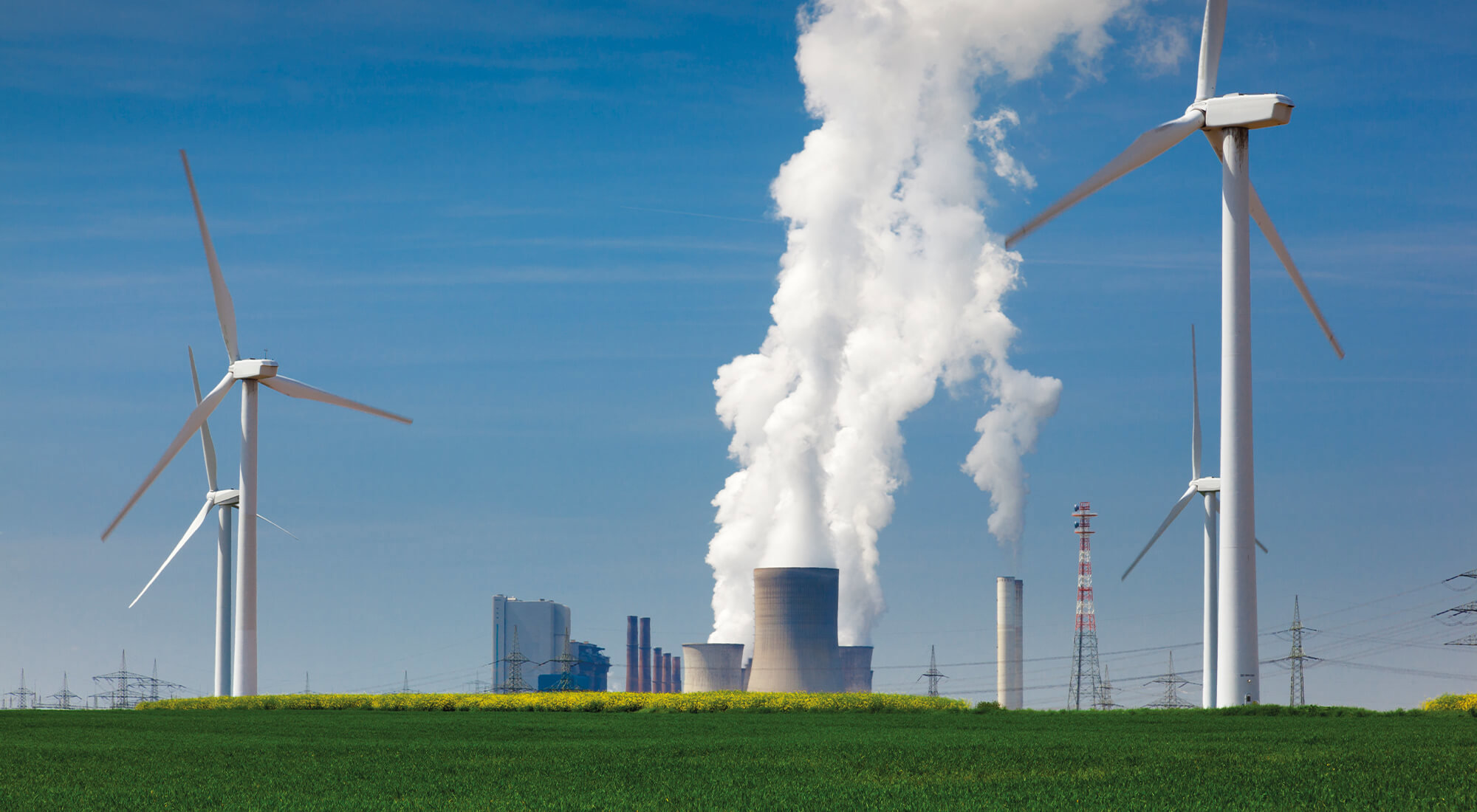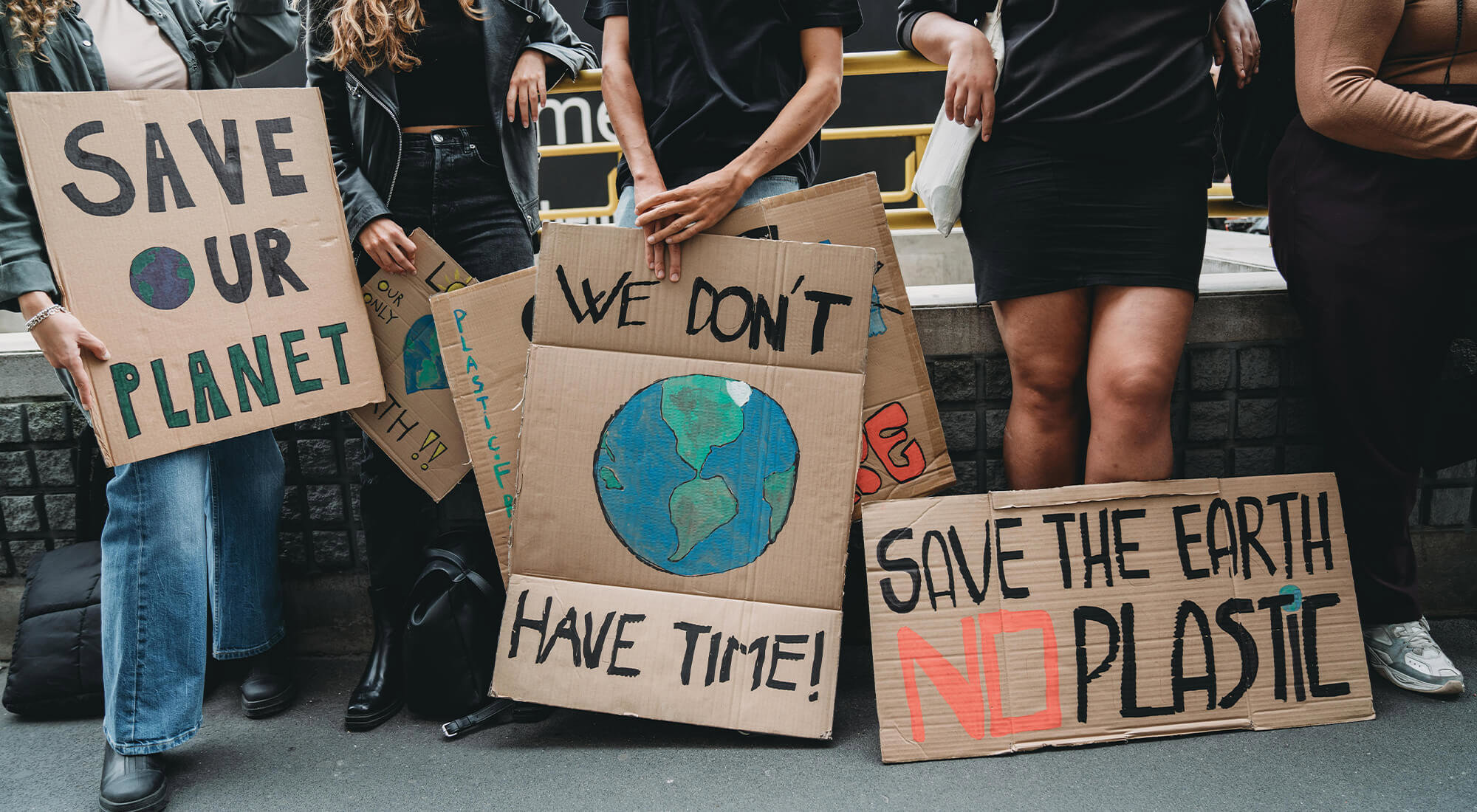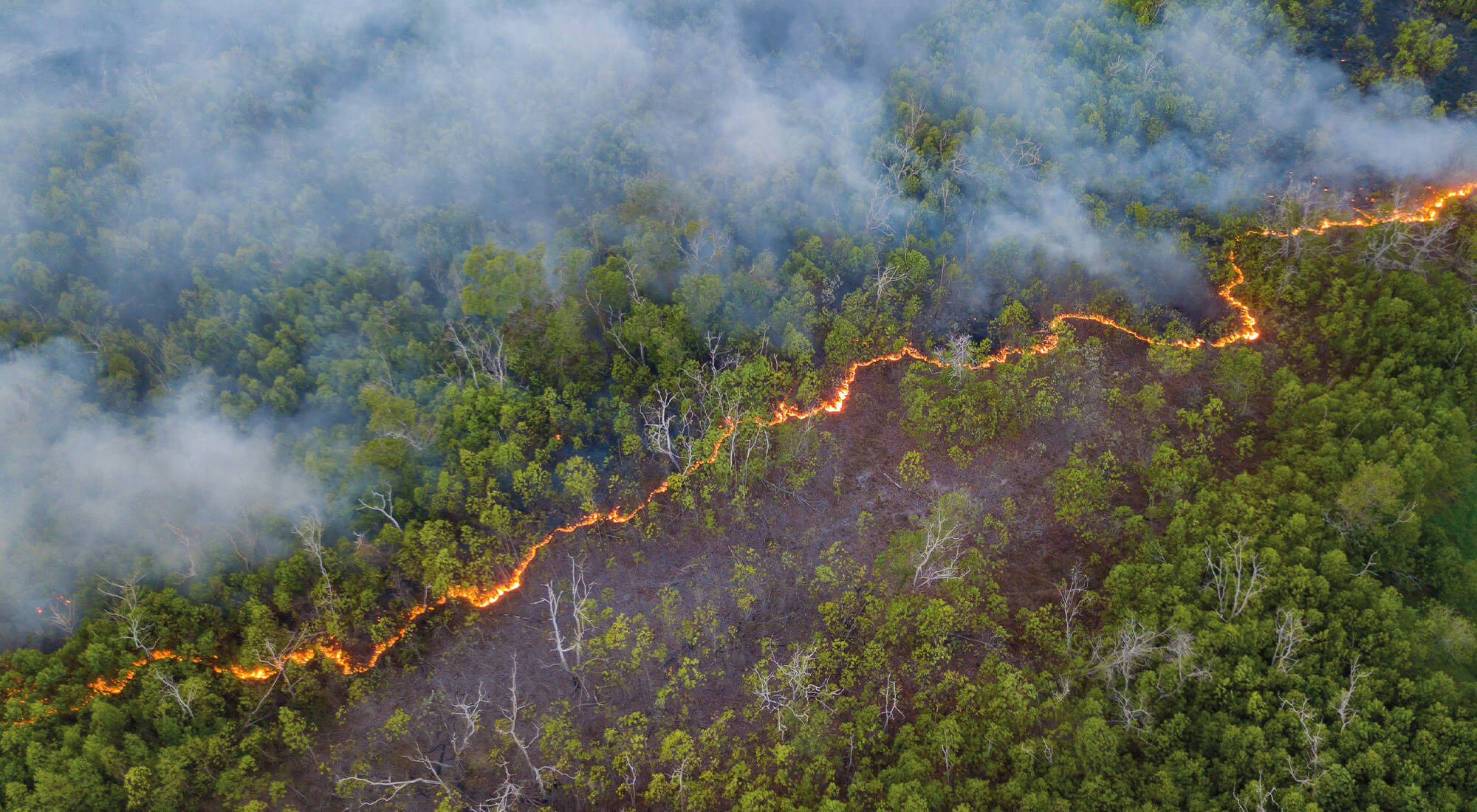A starting point, but not the final word: International Court of Justice issues landmark climate opinion
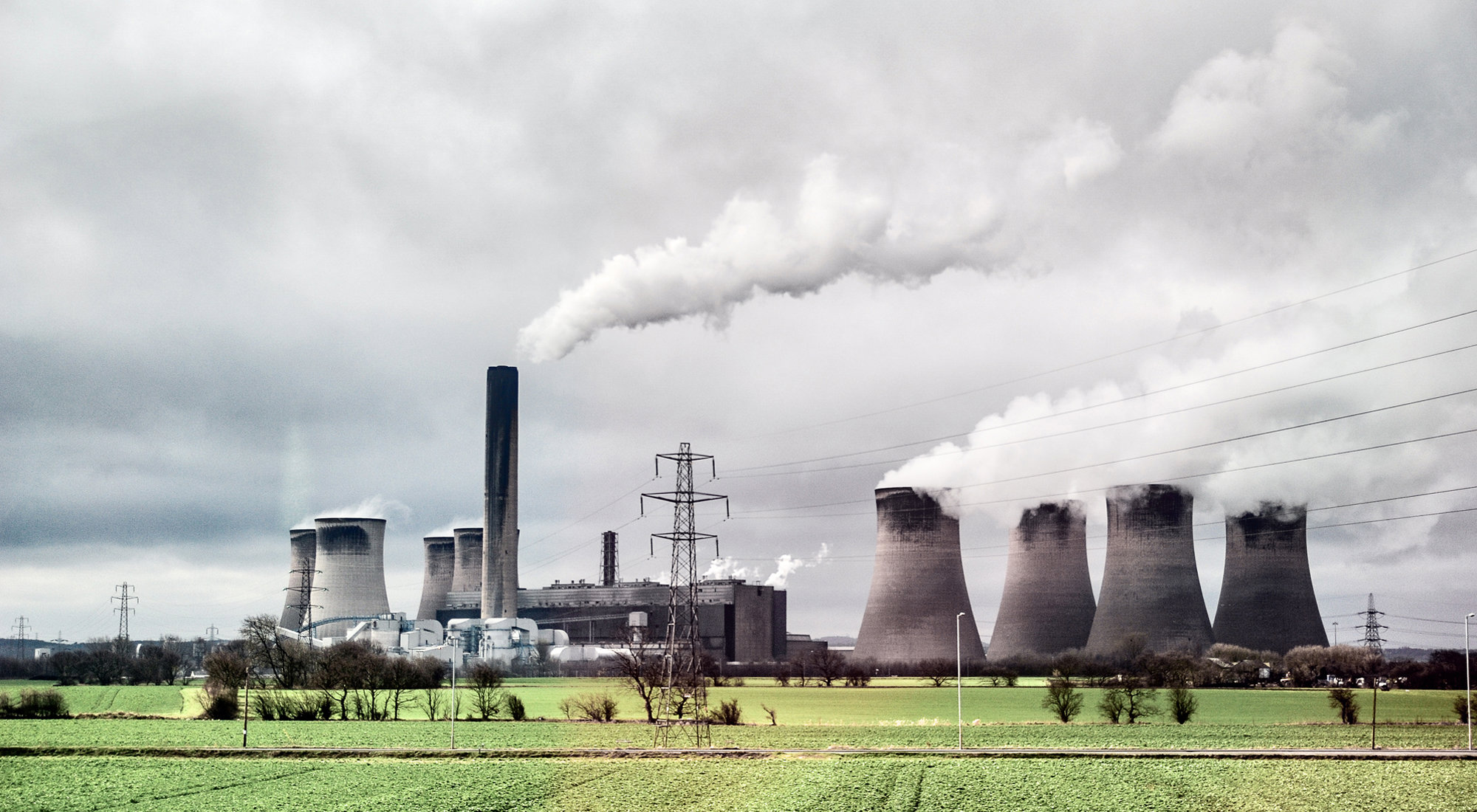
The International Court of Justice ("ICJ") has issued a historic advisory opinion ("the Opinion") that states worldwide ("States") have legally binding obligations under climate change treaties and international law to protect the climate system from greenhouse gas emissions ("GHG emissions"). These obligations include responsibility for the actions of the private sector within their jurisdictions.
José María Álvarez-Cienfuegos, Partner at DAC Beachcroft Madrid, noted:
"This Opinion provides clarity on the extent of states' obligations to protect the climate system. With input from over 100 states and international organisations, the Opinion will carry significant global influence on the response to climate change."
Although advisory, the Opinion adds to the growing collection of judicial findings, including the recent Inter-American Court of Human Rights advisory opinion, encouraging robust action on the part of governments to respond to climate change, this time in line with existing treaties and international law obligations.
Guido Foglia, Partner, DAC Beachcroft Rome, comments:
"Crucially, the Opinion outlines the consequences for States that do not fulfil their obligations. The ICJ found that where the usual conditions of state responsibility and sufficient causation can be proven, one state could be required to pay another for climate-related damage. The Opinion raises the likelihood of nations affected by climate change seeking restitution or compensation from major emitters."
Following recent high-profile decisions rejecting efforts to impose specific emission reductions targets on companies or efforts to protect vulnerable groups affected by climate change, the Opinion will have a significant impact on efforts to shape domestic policies and international law.
The ICJ made clear that States may be held responsible for the conduct of private actors within their jurisdiction, including corporates and their GHG emissions. States may breach their obligations to protect the climate by permitting significant GHG emitters the right to carry out fossil fuel production and consumption or through domestic policy decisions such as the granting of fossil fuel exploration licences or subsidies[1].
To avoid claims from other States, governments may be motivated to establish effective regulations and frameworks governing corporate conduct, consequently requiring engagement from businesses.
Toby Vallance, Partner, DAC Beachcroft London said:
"The impact of this Opinion on business may not be immediate, and will be determined by States' domestic responses. Activists will use the Opinion to seek to force governments, whether through the courts or political decision-making, into faster and deeper climate-related action. Should governments react in kind, this will inevitably create increased responsibilities on businesses to respond to climate change. Companies will need to monitor developments closely."
The Opinion is undoubtedly a legal milestone, but the ICJ's ruling should be seen as a starting point, not a final word, on international climate responsibility, with a number of issues left unresolved by the Opinion.
Background
In 2023, the General Assembly of the United Nations adopted a resolution requesting that the ICJ provide an advisory opinion on 'the obligations of States in respect of climate change', with reference to international law, conventions and treaties. Written and oral submissions were made by 96 States and 11 international organisations during hearings in 2024.
The request focused on two clearly defined issues:
A. The obligations on States under international law to protect the climate system from GHG emissions, for the benefit of States and present and future generations.
B. The legal consequences resulting from those obligations for States who, by action or omission, have caused significant harm to the climate system.
Issue A: State obligations to protect the climate system from GHG emissions
First, the ICJ established that any obligations related not only to States' direct generation of GHG emissions, but also consumption and production activities[2] undertaken in the jurisdiction.
The ICJ concluded that a number of legal instruments[3] create obligations on States to protect the climate system, including the UN Convention on the Law of the Sea, climate change treaties, wider environmental treaties such as the Montreal Protocol to protect the ozone layer, customary international law and international human rights law.
Climate change treaties [4] ("the Treaties") such as the Paris Agreement establish stringent obligations on signatories to "take measures [that are] capable of achieving the [1.5C] temperature goal and the purposes of the Agreement." [5] States do not have unfettered discretion in setting their Nationally Determined Contributions, which must represent their "highest possible ambition" [6]. Signatories must co-operate through measures such as financial assistance and technology transfer.
Customary international law is a body of law generated by the practices of states, as opposed to negotiated legal instruments such as treaties. The ICJ identified that existing international law duties to prevent harm to the environment also apply to the climate system. This duty arises in this context "in markedly different ways, through the activities undertaken within [a state's] jurisdiction or control." [7]
Whether a risk of significant harm exists will be determined objectively. The duty to prevent harm will require due diligence on the part of States. Appropriate due diligence will include steps such as "deep, rapid, and sustained reductions of GHG emissions," [8] the prevention of transboundary harm, knowledge sharing and procedural efforts such as risk assessments and environmental impact assessments.
States also have a duty under international law to co-operate for the protection of the environment. The Treaties, although an example of co-operation, do not discharge that duty. Further climate treaties may be necessary due to the urgency of the climate crisis, ensuring co-operation remains a "pressing need and a legal obligation." [9]
In terms of their relationship, the ICJ viewed adherence to the Treaties as evidence of current compliance with international law. Non-party States, such as the United States following its withdrawal from the Paris Agreement, must show their policies align with international law.
Across the full range of legal instruments identified, such as human rights law, the ICJ held that they inform each other, and therefore, obligations across these instruments must be considered when implementing other obligations.
Issue B: The legal consequences of causing significant harm to the climate system
The legal framework
The ICJ stated its role was to outline the legal framework that would be used to identify whether States' actions align with their obligations, rather than determining the responsibility of individual or groups of States.
Breaches of those obligations identified in response to Issue A were identified as 'wrongful acts', including breaches of the Treaties. Responsibility for any wrongful act will be determined by applying the rules on State responsibility under customary international law. This means that a State is responsible if it fails to take all possible measures to prevent the wrongful act, as opposed to a failure to achieve the desired result. This is assessed by the standard of due diligence.[10]
The ICJ stated that it would not assess the conduct of individual States. However, climate change raises unique challenges for applying the aforementioned customary rules on State responsibility. This was particularly relevant to questions of the attribution of acts to States and causation, which will be necessary for any finding of State responsibility. The ICJ was prepared to address issues relating to these questions.
A determination of State responsibility is dependent on whether actions or omissions can be assigned to a State. Several participants contended that the GHG emissions of private actors such as companies could not be ascribed to States. The ICJ found that this was not an issue of attributing private conduct to a State. States are obligated to regulate the activities of private actors (including their GHG emissions) as part of due diligence, meaning that any failure in this exercise could be attributed to a State.
Some participants also argued that the diffuse and multifaceted nature of climate change meant it was impossible to determine causation, with other participants arguing causation between the wrongful act and damage should be presumed. The ICJ disagreed with both those positions, highlighting the correct causation test of a "sufficiently direct and certain causal nexus between the wrongful act . . . and the injury suffered". [11]
Legal consequences arising from wrongful acts
The ICJ set out "the entire panoply of legal consequences"[12] that States may face following a wrongful act, which, of course, will be dependent on the specific breach in question, nature of the harm and reinstatement sought:
- Duty of performance: even in the event of a breach of an obligation, States retain an underlying duty of performance. The example provided was a State setting an inadequate Nationally Determined Contribution ("NDC") under the Paris Agreement and being ordered to adopt an appropriate NDC.
- Duty of cessation and guarantees of non-repetition: States could be required to employ all means at their disposal to reduce their GHG emissions and comply with their obligations. In addition, they could be required to offer guarantees of non-repetition.
- Reparation through restitution: States may be required to reconstruct damaged or destroyed infrastructure or restore ecosystems or biodiversity.
- Compensation: in the event that restitution proves to be materially impossible, then compensation may be awarded to address the losses caused by the wrongful act(s). The possible quantification of any compensation was not within the scope of the Opinion, but it is likely to be valued based on damage to the environment itself, and also expenses incurred by injured States as a consequence of the damage.
- Reparation through satisfaction: this may take the form of expressions of regret, apologies, public statements or education about climate change.
Where do we go from here?
Although comprehensive, the Opinion does not offer the definitive position. A summary produced to accompany the Opinion provides insights from ICJ judges on issues not adequately addressed in their view.
For example, the Opinion did not address the level of responsibility to be assigned to individual States. The ICJ clearly stated this will need to be addressed on a case-by-case basis in the future. Furthermore, while some parties questioned the temporality of obligations and breaches, the ICJ stated this issue was beyond the Opinion’s scope, as it required assessing each State’s actions individually. Judge Nolte declared that intertemporal matters should have been considered. He stated that "the obligation to prevent significant harm to the environment was first recognized in the 1940s, it could not have applied to GHG emissions until… the second half of the 1980s." [13]
Such a view would arguably limit the amount of GHG emissions that could be considered the consequence of a wrongful act, potentially benefiting longstanding GHG emitters such as the US and Europe, and adversely affecting any responsibility assigned to nations that have heavily industrialised since the 1980s, such as China and India.
On that note, the 'polluter pays' principle was briefly considered, with the ICJ determining that the principle was not envisaged or reflected in any of the Treaties, nor did it have general applicability between States[14] in customary international law. Judge Bhandari expressed concern about the 'cursory engagement' with this issue, also stating that concrete examples of cessation and restitution should have been set out.[15]
Finally, and following the recent decision in Pabai Pabai, the ICJ also recognised that small island States will face greater climate-related harm due to their geographical circumstances and level of development. However, the ICJ elected not to engage in detail with their specific vulnerabilities within the discussion of Issue B, finding that they are in principle entitled to the same remedies as other injured States. In response, Vice-President Sebutinde expressed concern that the Opinion took "an overly cautious approach regarding the adverse effects of climate-related sea level rises on [small island] statehood and the right to self-determination."[16]
Together with other recent judicial findings, the Opinion means that pressure continues to mount on the legislation makers to clearly set out how States will achieve their climate targets. The Opinion makes clear that simply signing up to Treaties is no longer enough - concrete actions will be required to evidence that States' distinct obligations are being met. As more defined and focused climate legislation is adopted by States to match these obligations, focus of activists will undoubtedly shift back to the corporate emitters to challenge how they are managing the climate transition.
[1] Obligations of states in respect of climate change (Advisory Opinion) [2025] Paragraph 427
[2] ibid, Paragraph 94
[3] ibid, Paragraph 172
[4] The United Nations Framework Convention on Climate Change, the Kyoto Protocol, and the Paris Agreement.
[5] Obligations of states in respect of climate change (Advisory Opinion) [2025] Paragraph 270
[6] ibid, Paragraph 270
[7] ibid, Paragraph 279
[8] ibid, Paragraph 282
[9] ibid, Paragraph 308
[10] ibid, Paragraph 409
[11] ibid, Paragraph 436
[12] ibid, Paragraph 444
[13] Obligations of states in respect of climate change (Summary 2025/4) [2025] Page 9
[14] Obligations of states in respect of climate change (Advisory Opinion) [2025] Paragraph 160
[15] Obligations of states in respect of climate change (Summary 2025/4) [2025] Page 7
[16] Obligations of states in respect of climate change (Summary 2025/4) [2025] Page 1






